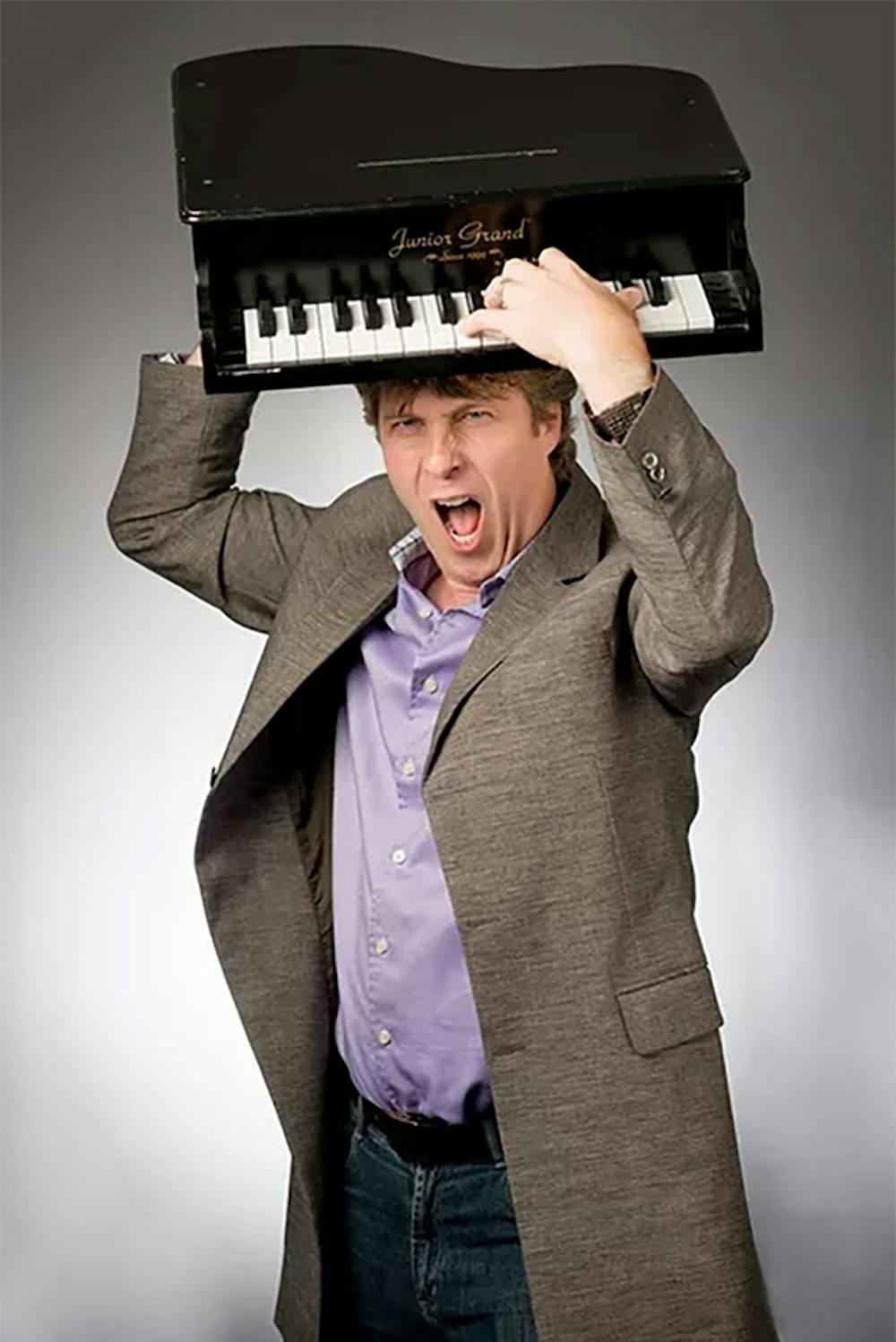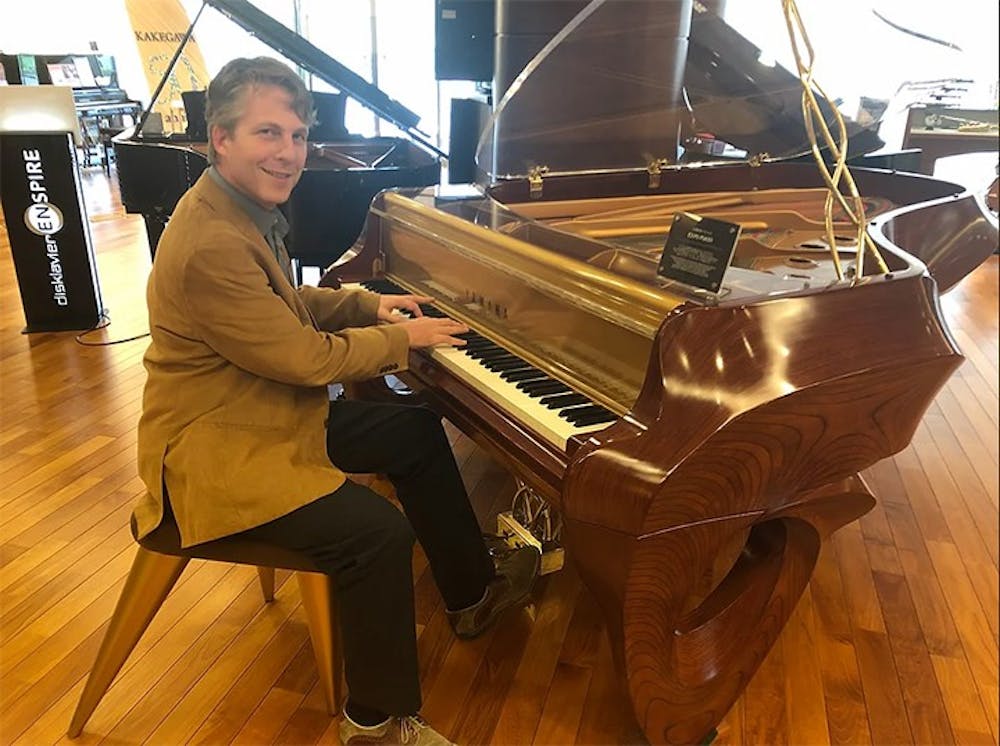After graduation, music entrepreneurship professor David Cutler found himself in a situation common to many postgraduates — he didn’t know what to do with his life. He was trained in jazz and classical music in a world where classical music was seemingly dead and jazz was irrelevant.
“Not knowing what else to do, I participated in a ritual known to all arts graduates. I moved back home with my parents, locked myself in a room and sulked," Cutler said.
During this time, Cutler evaluated how to turn a music education into a successful career, a challenge he saw many of his colleagues facing as well, Cutler said. Ultimately this led to Cutler's book, "The Savvy Musician," which was the first publication of its kind for that audience, according to Cutler.
The recently named Yamaha Master Educator, Cutler constantly challenges the status quo with his outlook and approach to life. Cutler said he likes to think outside the box to solve problems in a way that only he could.
“My general philosophy is this…Why should I do something that someone else could do equivalently well?” Cutler said. “When I’m involved, I like to offer approaches and outcomes that are unique to me.”

This outlook on life also bleeds into Cutler’s performances. Some of Cutler’s performances have included attaching cymbals to his feet and raddles to his neck, kazoo marching bands and superhero costumes.
“I always think if I’m going to play a piece that’s been performed 10,000 times before, how can I make it uniquely my own?” Cutler said. “How can we make this a collaboration between myself and this person who lived 200 years ago or whatever it is?”
Tayloe Harding, the dean of the School of Music at USC, said Culter is "probably the foremost faculty member in America in music entrepreneurship."
According to Cutler, music entrepreneurship is the study of how to sell yourself, make a living, amplify impact, and create opportunities as an artist.
When Cutler was in school, he said he felt students were made to feel guilty if they admitted to wanting to be successful professionally or financially. In the eyes of professors, it should have been enough to just make music. So for Cutler, teaching skills that help others discover success is meaningful, he said.
In February, Cutler was added to the Yamaha Master Educator Collective, which seeks to help music educators through mentorship and advice in the hopes to enhance music programs across the country. The group includes 30 "all-star educators," according to the organization's website.
For someone like Blair Mothersbaugh, a second-year master student in flute performance and community engagement and Cutler's graduate assistant, working with Cutler is "incredibly inspiring."
Cutler is an actively involved mentor who pushes his students to dig deep and think creatively, Mothersbaugh said.
Harding said, "David gets the most creative thinking out of his students that he could possibly get.”
One of the biggest things Mothersbaugh has been able to take away from his time working under Cutler is the ability to question why things are done as they are and whether that is the best way to do them, Mothersbaugh said. Another is the ability to think big rather than limiting your ideas.
"So many possibilities come up and those possibilities are exciting, even though eight, nine out of ten of them are never going to happen," Mothersbaugh said. "The idea of dreaming up possibilities and living in those possibilities, even for a split second, before the next idea comes up — that’s exciting."

